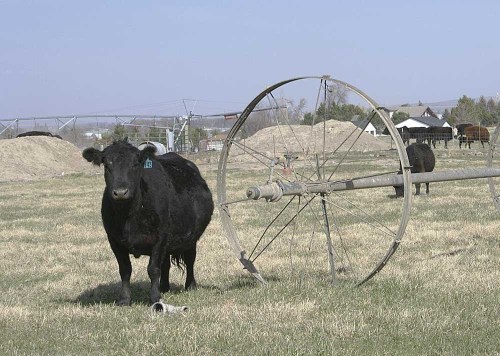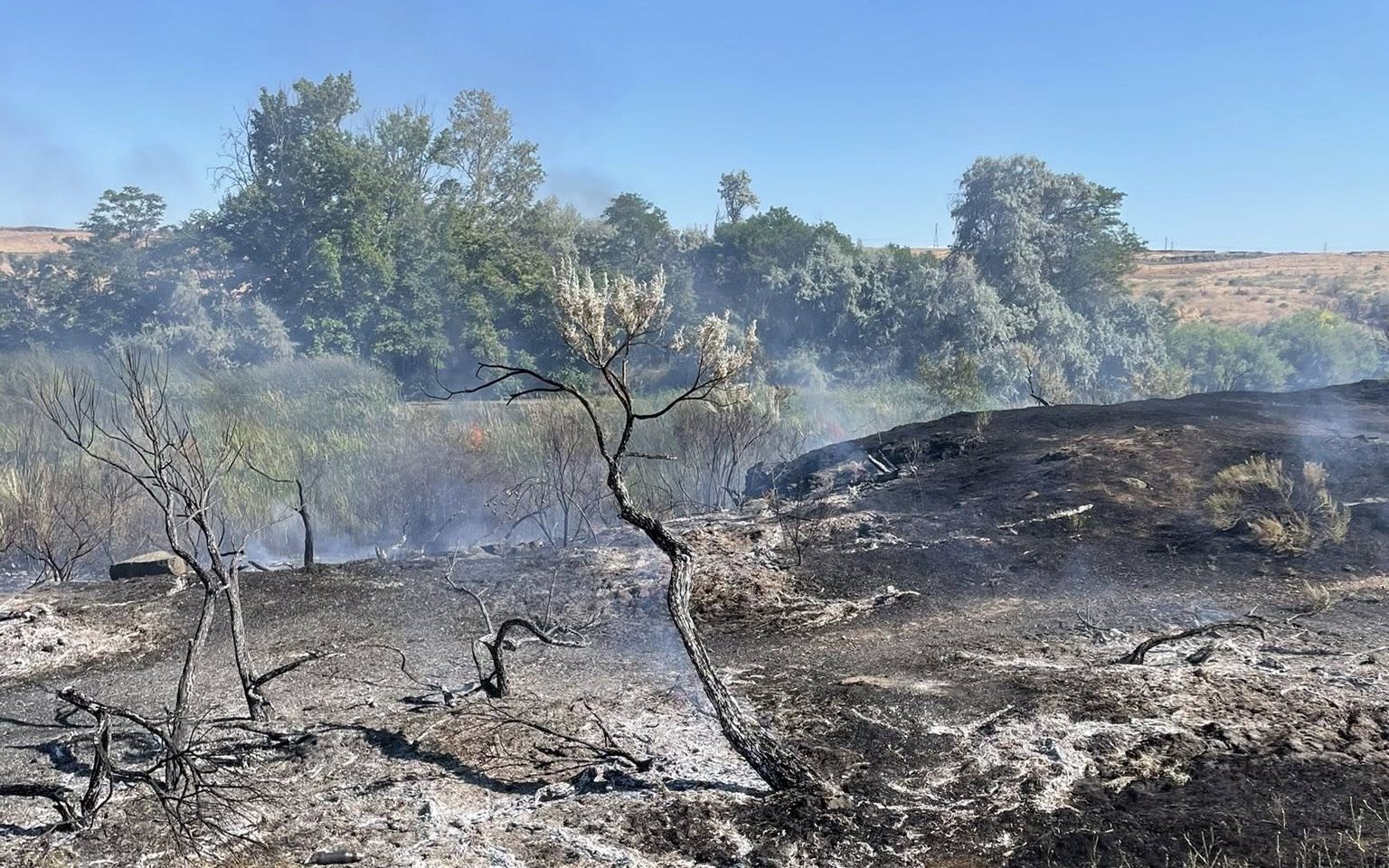Cattlemen ask lawmakers to end Oregon’s brucellosis vax mandate
Published 4:30 pm Thursday, March 9, 2023
SALEM — Representatives of Oregon’s cattle industry are asking lawmakers to eliminate the state’s legal requirement to vaccinate female cows against brucellosis, a disease that causes abortions.
The bacterial pathogen hasn’t been found in Oregon for about 30 years, so ending the vaccination requirement under Senate Bill 57 would acknowledge that victory, according to supporters.
“We’ve won the day and at some point, we need to recognize that,” said Todd Nash, president of the Oregon Cattlemen’s Association, during a recent legislative hearing.
The statewide vaccination requirement could also be counterproductive by concealing an outbreak if the disease does return to the state.
The vaccine prevents about 60-70% of brucellosis infections but is even more effective at preventing abortions, which are the main symptom, said Dr. Ryan Scholz, the state veterinarian.
If the disease began infecting cattle again without being symptomatic, it could be years before the livestock industry became aware of the outbreak, he said.
“At a state level, if we don’t require vaccination, we’ll find that disease very quickly,” Scholz said.
The original language of SB 57 would only apply to beef cattle, but an amendment being considered by the Senate Natural Resources Committee would also remove the vaccine requirement in dairy breeds.
If SB 57 passes, brucellosis vaccination could still become mandatory in part of Oregon due to expanding surveillance of infected wildlife from the Greater Yellowstone area, which surrounds the national park in Wyoming.
The designated surveillance area’s borders have expanded halfway through Idaho and are headed westward at about 5-10 miles per year, so the associated requirements may eventually reach Oregon, Scholz said.
“It won’t be that the entire state vaccinates,” he said.
Cattle producers and dairy farmers who prefer to vaccinate against brucellosis could still do so under the bill, said Sen. Lynn Findley, R-Vale, a chief sponsor.
“It’s something we’ve gotten past but it’s always still available,” he said. “If people wanted to do it, this is voluntary. It doesn’t prohibit it.”
Brucellosis had been associated with the Mediterranean region since ancient times and can also infect humans, in whom it’s characterized by fever, chills, fatigue and headaches, among other symptoms.
The disease was largely eliminated among people in the U.S. with the widespread pasteurization of milk, while the USDA began studying vaccines for cattle in the 1920s. The research bore fruit in 1941 with a vaccine developed from a brucellosis strain discovered in the 19th Century.
Efforts to control the disease led to Oregon create the position of a state veterinarian and the veterinary services division of the state’s Department of Agriculture. Scholz said during the hearing.
“It was really the cornerstone of the regulatory veterinary field,” Scholz said. “It was also the first major success of that field.”
Rodger Huffman, chair of the OCA’s animal health and identification committee, said that he recently spoke with a veterinarian who stopped vaccinating cattle against brucellosis years ago, despite the legal requirement.
If SB 57 passes, the state veterinarian and Oregon Department of Agriculture would still retain disease control authority if any outbreaks occurred, Huffman said.
“It guess this is clearing up what we currently see and allowing the state vet’s office to be nimble and responsive when needed,” he said.







